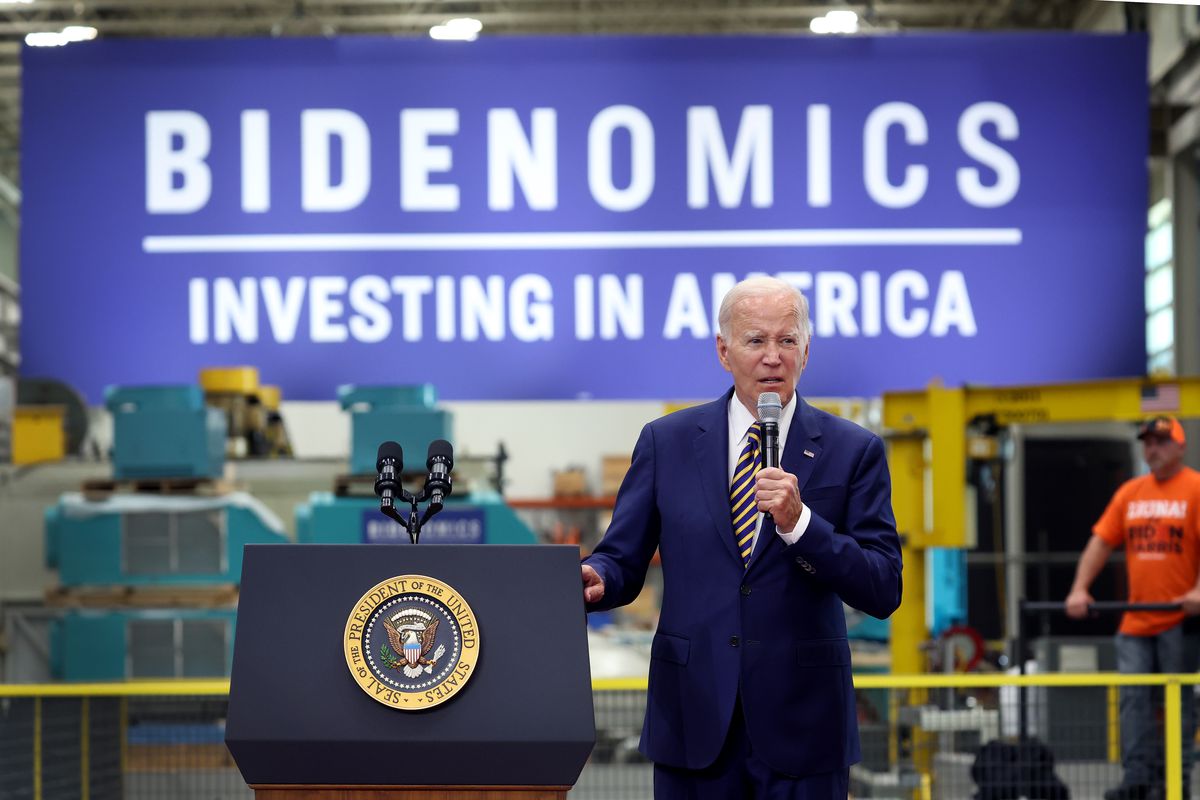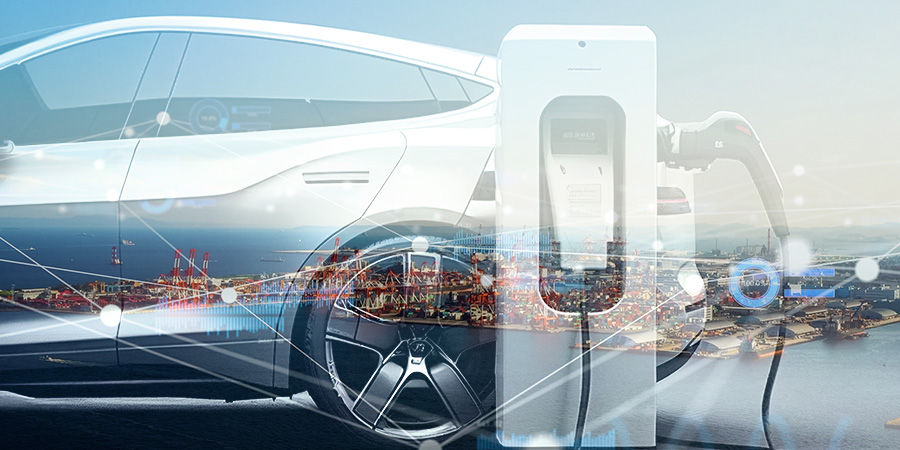Rising Electric Car Market and Government Policy Changes for Inflation Reduction Act
Ensuring Fairness in Tax Credits and Promoting Domestic Electric Vehicle Manufacturing
According to Go Banking Rates, the electric car market is getting bigger in the US. The government is changing the rules for tax credits to encourage more Americans to buy electric cars and to support American companies. These changes affect both the Americans buying the cars and the companies making them. For example, now carmakers have to use certain types of batteries and materials, and they can get in trouble if they use parts from specific foreign companies.
To ensure fairness the government limits tax credits based on car cost and buyer income aiming to balance affordability without overspending. Stricter rules have disqualified some popular electric cars sparking discussions on sourcing and foreign dependencies. Some carmakers are adjusting supply chains to qualify for credits while others struggle. The government remains committed to incentivizing electric car adoption, monitoring market changes to support American manufacturers, and offering pollution-reducing choices to consumers for the implementation of the Inflation Reduction Act.
READ ALSO: 100,000 Buyers Claim Federal EV Tax Credit At Point Of Sale Since January 1 – 90% Of Eligible Consumers Opt For Immediate Discount!

New Tax Credit Rules Under Biden’s Inflation Reduction Act: How They Impact EV Market, Manufacturers, and Consumers – Need to Know! (PHOTO: Vox)
Government Commitment to Inflation Reduction Act Clean Energy Vehicles and Domestic Industry
Furthermore, these changes reflect the government’s ongoing commitment to promoting the adoption of the Inflation Reduction Act and supporting American industry. By continually adjusting eligibility criteria and monitoring market trends policymakers aim to create a level playing field that encourages innovation and investment in domestic electric vehicle manufacturing. The goal is to ensure that consumers have access to affordable and sustainable transportation options while reducing reliance on foreign suppliers and advancing environmental goals.
READ ALSO: $110M Opioid Crisis Settlement: Walgreens Agrees To $22M Yearly Payment Over Five Years With Philadelphia – Check It Now!

















































